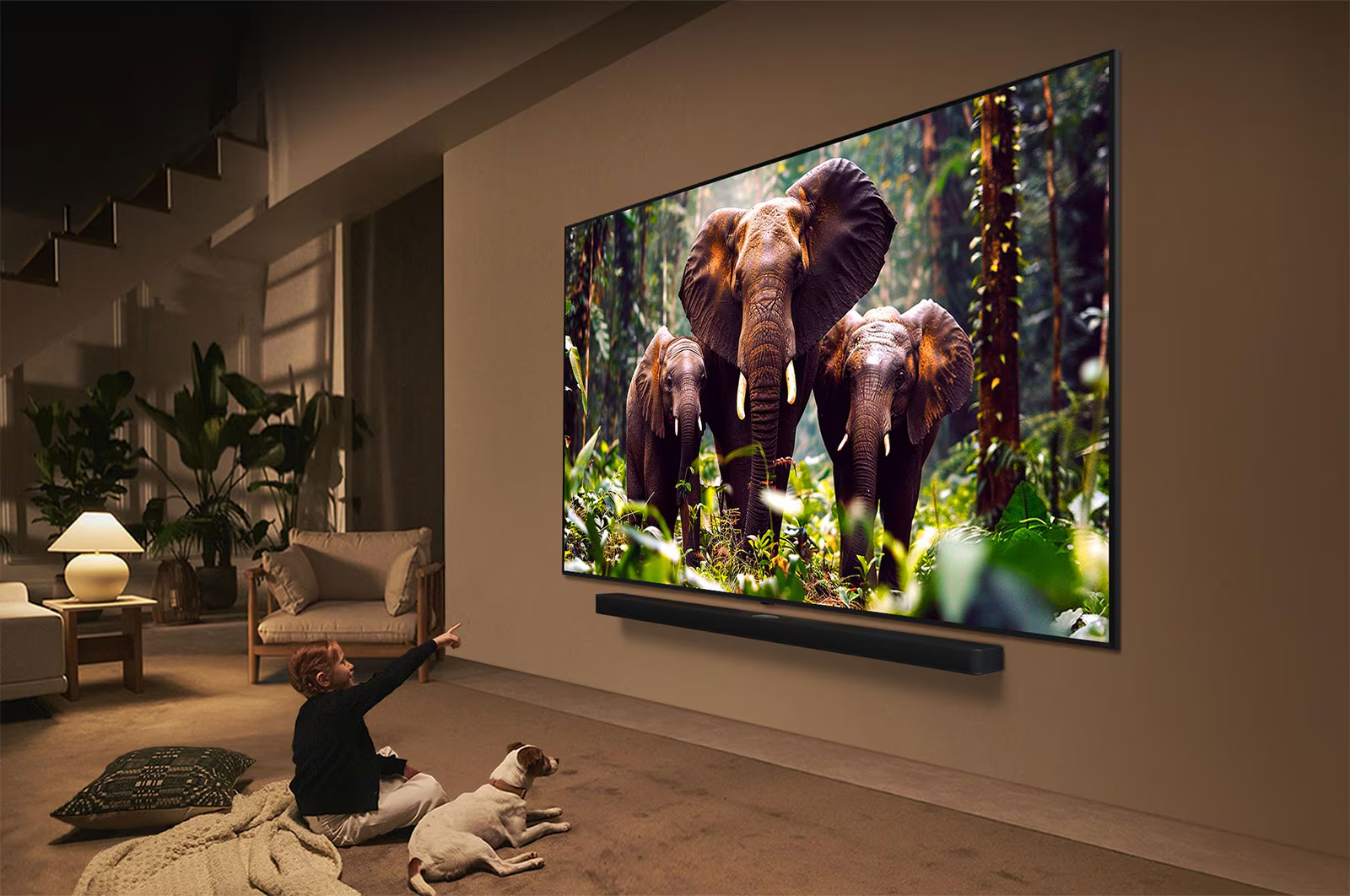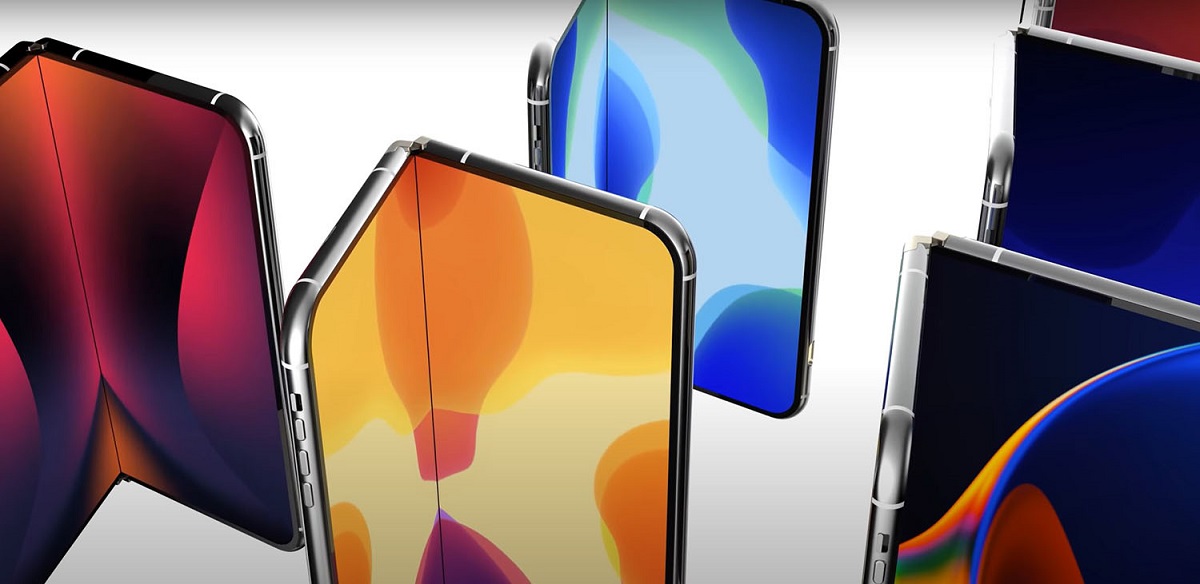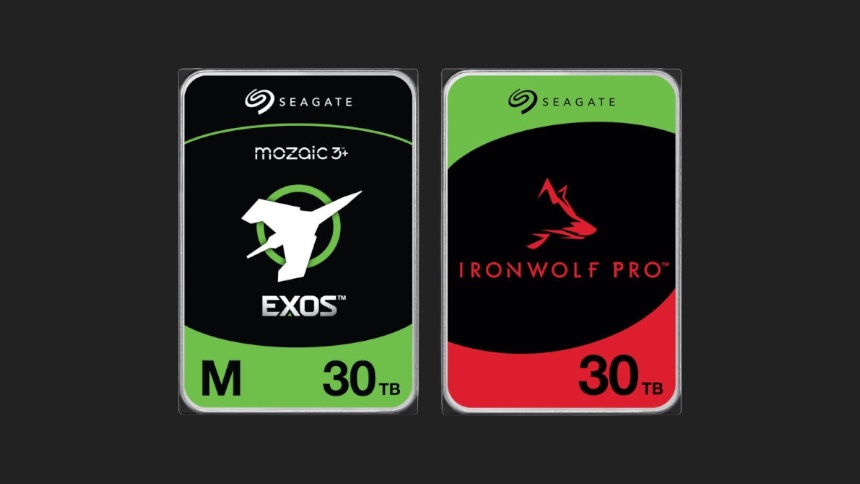Google is renaming its Find My Device network to Find Hub, signaling a broader shift in scope from simply locating phones and tablets to tracking everything from luggage to people. Announced during The Android Show, a preview event ahead of Google I/O 2025, the rebranding appears aimed at distinguishing the service from Apple’s similarly named Find My network and positioning it as a more expansive tool for real-world tracking.
The update reflects Google’s push to deepen its presence in the location services space. With Find Hub, users will not only be able to locate phones, earbuds, and other connected devices but also track personal items and even people—thanks in part to Bluetooth trackers, ultra-wideband (UWB) support, and satellite connectivity.
The service is expected to integrate with airlines by early next year, allowing travelers to track lost bags using third-party Bluetooth tags. Google says the partnership will allow users to share tag locations directly with participating airlines, streamlining the baggage recovery process.
Find Hub is also expanding hardware support. UWB, a more precise location technology than Bluetooth, will be supported through new third-party trackers launching later this month. UWB enables turn-by-turn guidance to a lost item, much like what Apple AirTags have offered since 2021. However, adoption across Android devices remains inconsistent. While Pixel Pro models, Samsung’s Galaxy Pro line, and select phones from Motorola and Xiaomi support UWB, many mainstream Android devices still do not.
In another move to boost adoption, Google is partnering with Pixbee to sell new Bluetooth trackers—some featuring Disney branding. Though marketed playfully, these tags may raise concerns, especially around the casual tracking of children, a use case that’s likely to attract both attention and scrutiny.
Satellite connectivity is also on the roadmap for Find Hub, providing a fallback communication method in areas without cellular coverage. The feature is designed to keep users connected with friends or family even when completely off the grid.
The shift from Find My Device to Find Hub is more than a name change—it reflects Google’s attempt to expand the ecosystem around Android location tracking. While the company faces challenges with hardware fragmentation, the combination of Bluetooth, UWB, and satellite integration suggests a more ambitious vision for real-time location services moving forward.




